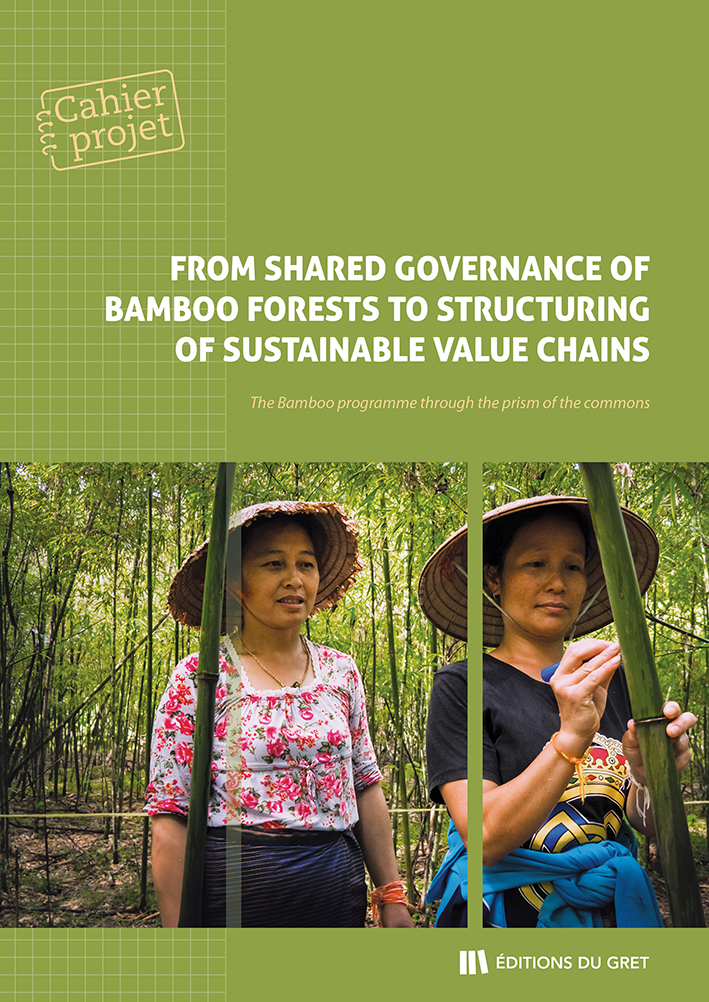
Houaphan province, in the mountains of northern Laos, has a large number of natural bamboo forests. Like many non-timber forest products (NTFPs), bamboo plays a significant role in the livelihood and economy of rural households – most of which are poor – as a complement to slash and burn agriculture. Towards the end of the 2000s, a national policy to eradicate slash and burn practices, together with strong demand from the neighbouring Vietnamese market, generated rapid expansion of corn crops, reducing forest cover and ultimately weakening the economy of rural families. In this context, GRET and its partners encouraged the provincial authorities to explore an alternative option: valorisation of natural bamboo forests, a veritable source of “green gold” in an expanding regional bamboo market. It was possible to sustainably enhance this natural resource by working together with villagers, economic operators and public services. This alternative made it possible to preserve forest cover, fight against poverty and generate economic activity. This is how, in 2008, GRET initiated the Bamboo programme, consisting of five successive projects. Over approximately ten years, the programme teams supported a collective learning process via these projects, conducted by stakeholders in the province to jointly develop sustainable bamboo value chains.
This document analyses the results obtained, factors leading to success or failure, and the limits of the programme. It gives a perspective on the support approach taken, through the prism of a “commons-based approach” combining collective action and collective learning to shared governance of the resource and its value chains.
With a background in geography and social and local development, Louisa was in charge of the co-animation of the Commons program in GRET, after being assistant project manager on the Rhyviere electrification project in Madagascar. She is now in charge of scientific animation in GRET’s scientific direction, with a particular support to the action research approach of the Commons program.